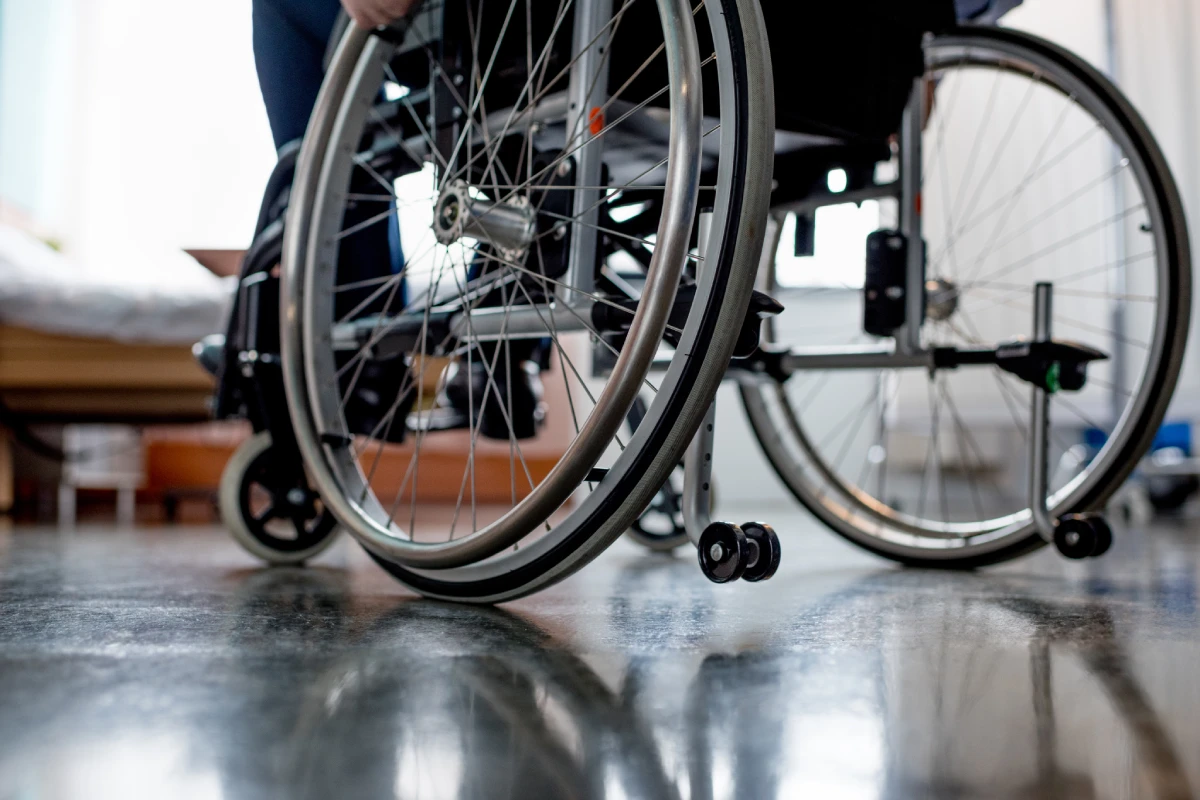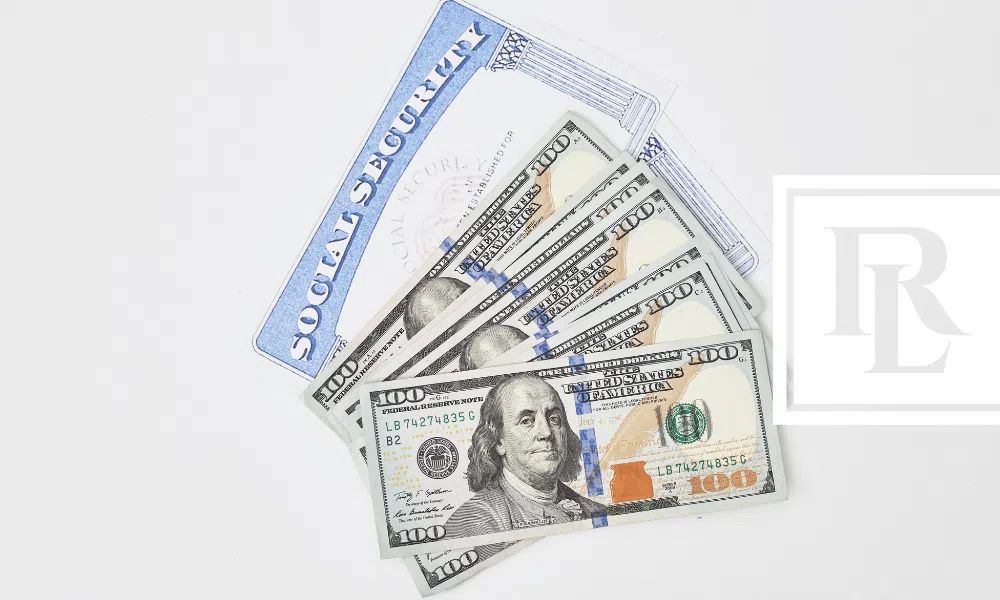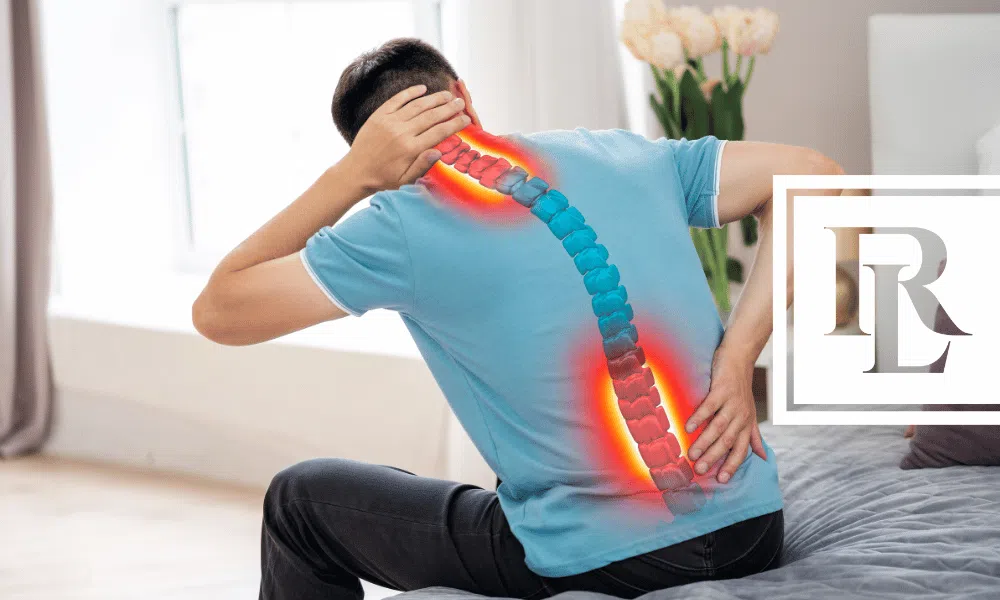After a car accident, there are many pieces of evidence that drivers should gather (if they’re capable) to file an insurance claim. Insurance companies can be unreasonable in denying insurance claims and contesting accident damages. Providing good evidence that thoroughly establishes fault and damages can be important in these cases.
Evidence to Collect Immediately After the Accident
Immediately after the accident, there are many pieces of information to gather. The other driver’s name, phone number, license plate number and auto insurance policy number are necessary to file an insurance claim.
It’s also a good idea to gather the name, phone number and any statement from witnesses of the accident. Witnesses may provide testimony regarding what happened and who caused the accident. Get their contact information so you or your lawyer can contact them later for a statement.
A police report should be filed after the accident, no matter how minor the damage. Police reports contain information about the officer’s opinion of fault, vehicle condition, roadway condition, driver actions and driver sobriety.
Drivers can take pictures from the accident as well. These can provide evidence of vehicle damage and may provide clues as to how the accident occurred and who caused it.
Why is evidence of fault so important?
Rhode Island, Massachusetts and Connecticut each allow accident victims to file a claim for compensation even if they are partially at fault. Any percentage of fault they have for the accident will reduce their settlement proportionally, however. If you’re 20 percent at fault and suffered $10,000 in damages, you’d collect $8,000. If the insurer argues you’re 40 percent at fault, though, you’d lose another $2,000. So presenting good evidence of fault is therefore important.
And in Massachusetts and Connecticut, those who are 51 percent or more at fault will not be able to collect damages. Establishing fault through proper evidence is integral to a claim.
Evidence to Collect After Leaving the Scene
Evidence collection doesn’t stop after you leave the accident scene. Work with your attorney to gather documents you’ll need to establish not only fault, but also your damages. Keep medical bills and receipts and gather documentation of your wages and the time you miss from work. Also keep vehicle repair estimates and bills.
You may want to keep a pain diary to track the pain you experience after the accident, as well as the effects of the injury on your daily life. Talk to your attorney about other types of evidence you might need, depending on the circumstances of your accident.
Get Legal Help to Reach a Fair Settlement
Hiring an accident attorney may help you make a strong legal argument about fault for the accident and your damages. Your attorney can help you collect evidence that establishes both fault and damages. Rob Levine helps injured drivers in Rhode Island, Massachusetts and Connecticut collect fair compensation for their damages. Contact Rob Levine, the Heavy Hitter, by calling 800-LAW-1222 (529-1222) to schedule a free consultation.





